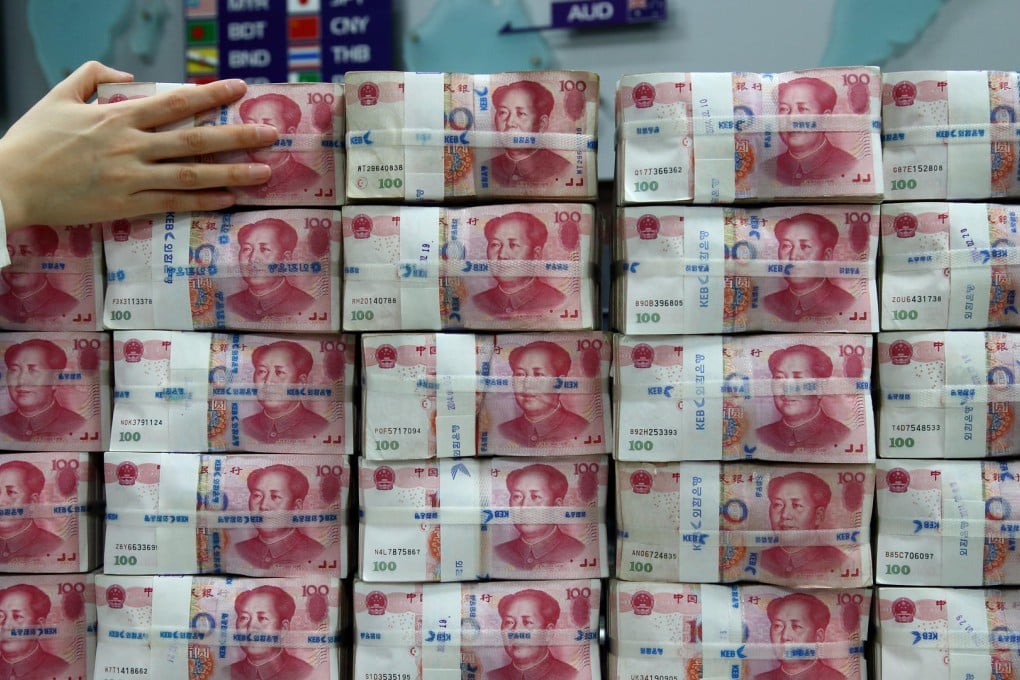Hong Kong's banks could be hit as city's status as yuan hub under threat, says HSBC
Settlement in the city likely to drop significantly if currency achieves full convertibility by 2017

Hong Kong's status as the world's foremost yuan hub could be threatened in two years as trade in the currency moves to the mainland, HSBC says.
If the yuan achieved full convertibility by 2017, Hong Kong would face new challenges to retain the top spot as settlement in the city would drop significantly, according to the bank.
"Hong Kong will maintain its leading position until 2017, by which time the yuan is expected to be fully convertible. After that, subject to China's capital account liberalisation, mainland China will see more yuan settlement taking place there. At that point, there would be a material impact on Hong Kong as a settlement centre," said Vina Cheung, global head of yuan internationalisation, payment and cash management, commercial banking, at HSBC.
In 2004, Hong Kong was the first to launch offshore yuan business and has since been the global hub for yuan trade settlement, financing and asset management.
Last year, a combined 6.6 trillion yuan of the mainland's external trade was settled in yuan, of which 6.3 trillion yuan was handled by Hong Kong banks, according to the Hong Kong Monetary Authority.
But significant changes in the yuan settlement infrastructure are already under way. Phase one of the China International Payment System (CIPS), a worldwide payment superhighway for the yuan, which allows offshore companies to directly settle yuan with onshore counter parties, will be launched by the end of this year. That would facilitate companies on the mainland to directly settle trades at home.